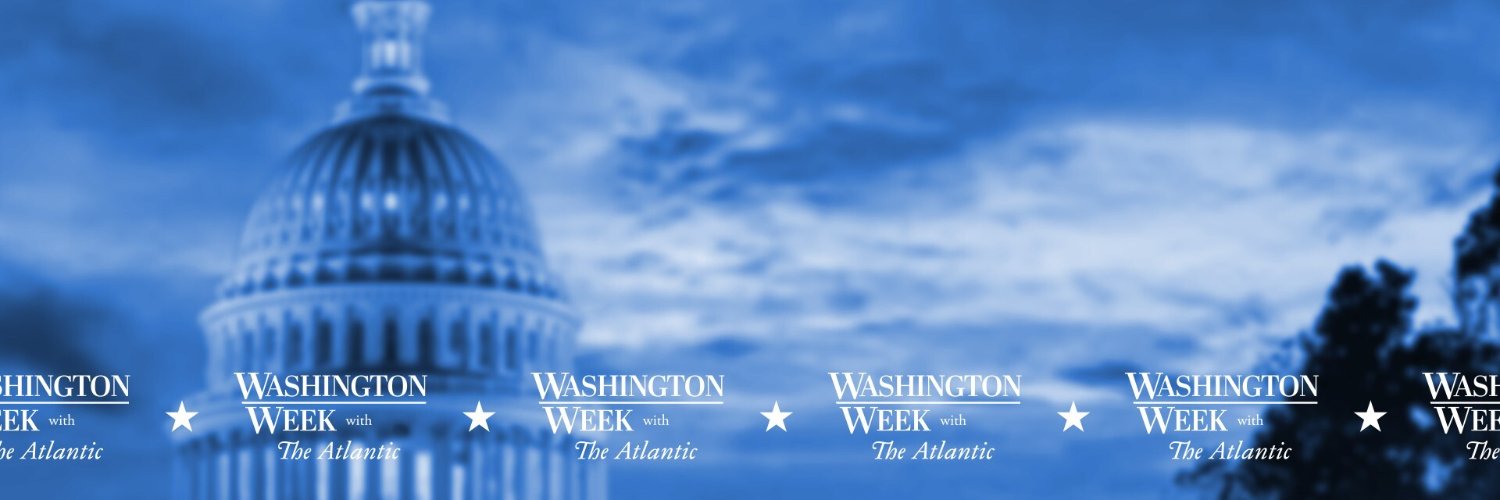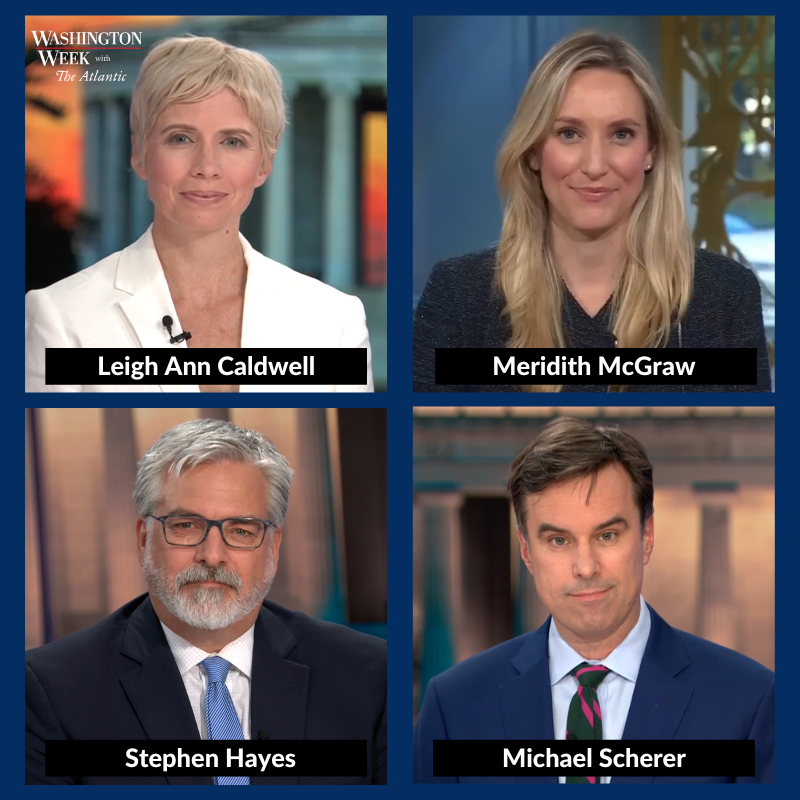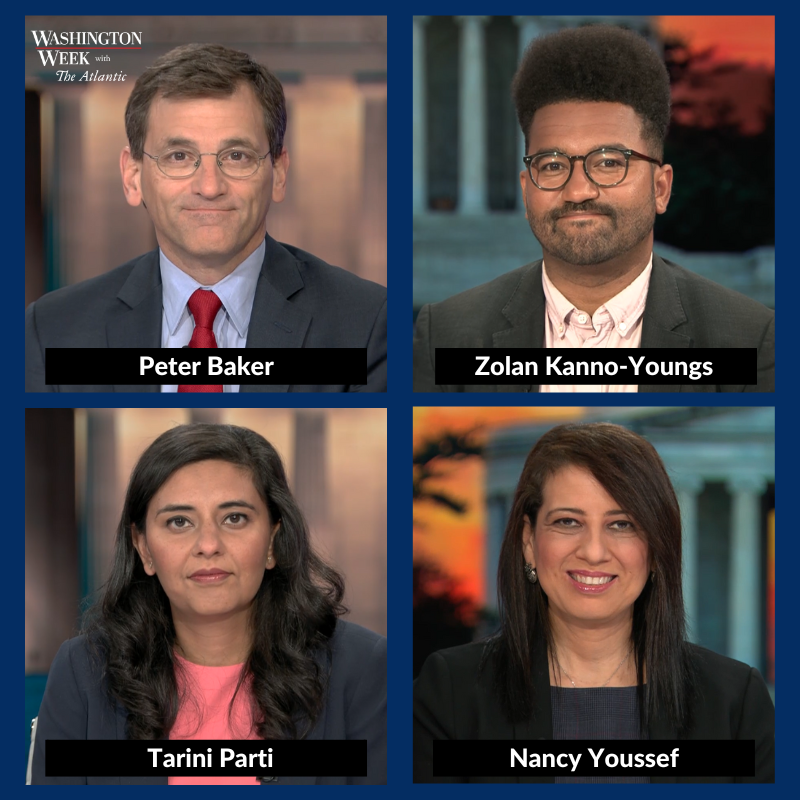
Washington Week with The Atlantic | PBS
@washingtonweek
Analysis of the week's top stories by the best reporters in Washington. Moderated by @TheAtlantic's @JeffreyGoldberg. Friday nights at 8/7c on @PBS.
"When the story came out, it really seemed like it was a galvanizing force among his supporters and instead of focusing on the content of the reporting or whatever was revealed, it was — they called it a hoax," said @meridithmcgraw. "And they were very quick to dismiss it."
.@LACaldwellDC: "The MAGA part of the party that is furious about this are not necessarily partisans. They are the people who are anti-establishment, ... feel like they have been wronged. ... The reason they found a savior in Donald Trump is because he promised to be different."
"[President Trump has] been successful in convincing his hardcore base to believe him," said @stephenfhayes. "Virtually all of the other conspiracies he has either spun or embraced or amplified had a bad guy. And the bad guy was 'Them' with a capital 'T.'"
"Historically, when Republicans control the House and the Senate, you still need 60 votes to get a budget through the Senate, and that means you need a bipartisan process," said @michaelscherer. "The Trump administration's goal here is to break that process."
TONIGHT: @LACaldwellDC, @meridithmcgraw, @stephenfhayes and @michaelscherer join moderator @JeffreyGoldberg to discuss President Donald Trump's handling of the Jeffrey Epstein files and the potential consequences for his presidency and movement. Watch at 8/7c on @PBS

"What [President Trump] has found out is that embracing Vladimir Putin comes with few results," said @KannoYoungs. "But his Republican allies, you know, were also telling him in, in recent weeks, like they could all be getting played."
"The problem is, so many people focus on the shipment and what Hegseth said. To me, what's critical is once you start turning weapon systems on and shipments on and off, it is very hard for Ukrainian military planners to, to defend themselves," said @nancyayoussef.
"Now, what Trump has discovered is what Zelenskyy told him is basically right. You cannot assume that Putin is your friend. You cannot assume he wants a peace deal — because he doesn't. He's made that very clear," said @peterbakernyt.
"Based on our reporting, we know that at DHS there was widespread confusion about how they should respond, how they should move resources," said @tparti. "They also didn't preposition assets close to the impacted area as they have done in past disasters."
.@KannoYoungs: "We have to look at President Trump's record with FEMA and its entirety in this second term." @nancyayoussef: "It's been striking to me how much we've been looking at responsiveness across government and not able to really get at what level the system broke down."
.@tparti: "He was more empathetic than we've seen him in the past. ...But he also wanted to, of course, tout his administration's response. ... It's been a very scaled back federal response. They're relying more on state and local officials, and he also tried to make that point."
TONIGHT: @peterbakernyt, @KannoYoungs, @tparti and @nancyayoussef join guest moderator @AshleyRParker to discuss Trump’s visit to Kerrville, TX, where he met with those affected by the July 4 floods, and his move to resume U.S. weapons shipments to Ukraine. Watch at 8/7c on @PBS
